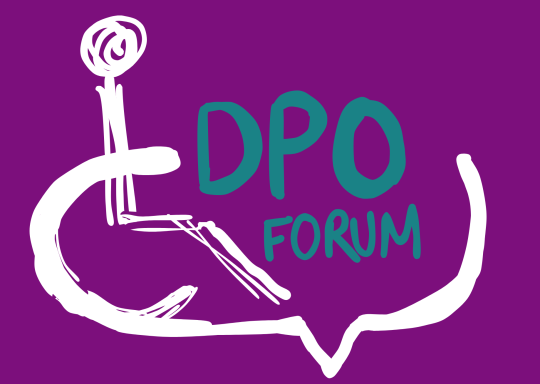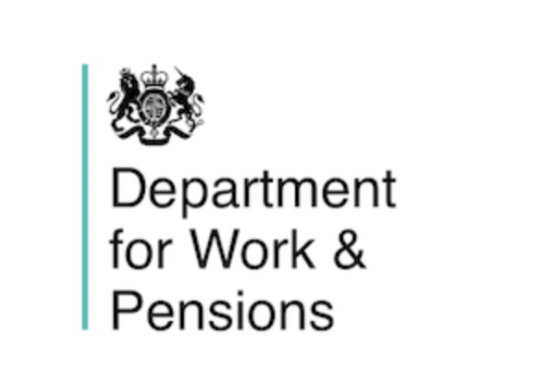Disability benefit reform: reducing the financial risks for Disabled people to try out employment
The briefing’s conclusions and recommendations, are aimed at informing the Department of Work and Pensions (DWP) as it finalises its White Paper legislation proposals following last year’s Shaping future support: the health and disability Green Paper.
The Committee first highlights DWP 2020 research shows that one in five disabled people (20%) claiming income replacement benefits wanted to work.
However, it then quotes Green Paper evidence suggesting that Disabled people who claim out-of-work benefits are unlikely to work again, whatever their desire and capacity to work.
It notes too that only one to two per cent of claimants move out of the Employment and Support Allowance (ESA) Work Related Activity Group (WRAG) and ESA Support Group each month.
As a result the Committee says: “We concluded that the immediate priority should be to address issues under the following three broad core themes which arose repeatedly in our workshops and in other evidence available to us. These are:
- reducing risk (and perceived risk) of trying paid work, particularly relating to reassessments and potential income loss
- improving financial incentives to engage in paid work
- increasing trust in DWP to offer tailored support and take account of personal circumstances, including fluctuating conditions, in a fair and transparent way.”
After taking direct evidence from Disabled People’s Organisations, disability charities, academics, policy experts on disability employment and claimants, the SSAC recommends the following:
- removing the perceived risks of moving into work for Personal Independence Payment (PIP) claimants by providing a clear guarantee that no PIP reassessments would take place within twelve months if a claimant enters paid work, ensuring that assessment is kept separate and distinct from a claimant’s work status
- providing a guarantee that if someone tries paid work and it does not work out, within a period of a year they can go back to the exact benefits they were on, with no fresh work capability assessment (WCA) required.
- an extension to the level of Permitted Work before losing entitlement to ESA (currently at 16 hours per week at the National Living Wage) to better enable people to gradually increase their hours and/or salaries.
- exploring whether the universal credit (UC) Work Allowance rules for a couple with a disabled member could be adjusted to create a specific incentive for a disabled family member to enter paid work, where another member is already in employment and benefiting from a Work Allowance.
- extending the eligibility requirements for the UC Work Allowance to PIP claimants
- encouraging the take-up of voluntary employment support, by offering a personal budget for that support, underpinned by a menu of options for effective support, to anyone in ESA Support Group or UC equivalent who wants to try paid work.
- providing more discretionary tailored support to people with fluctuating health conditions, to remove barriers which can discourage disabled people from trying work and employers from employing them
- an option of an Access to Work ‘pot’ that could be accessed by people requiring periodic time off for temporary cover to help remove the disincentive for employers to recruit or retain them.
The SSAC also proposes that the DWP implements the following to ensure Disabled people are confident the system will work for them:
- the implementation of a DWP communications strategy that explains directly how people can try paid work safely, without jeopardising income; explains the financial incentives to work; and builds trust and confidence among claimants that the system will work for them
- the DWP should work in partnership with organisations that disabled people trust, to ensure that individuals are aware of the steps being taken to incentivise and de-risk of their journey into paid work, and that the terminology and language used is clear and supportive of the journey into work
- the DWP should consider revisiting language used, to give greater recognition to barriers disabled people continue to face as they move into paid work, and how they may be mitigated; and to erode the binary distinction between being ‘fit for work’ or having ‘limited capability for work’
The SSAC concludes by saying: “These measures represent a step towards recognising the barriers that disabled people continue to face as they enter paid work and to reduce the binary distinction between being capable or incapable of work.
“They open up the middle ground in which people can try work without future jeopardy, with the tailored support to enable them and their employers to remove or mitigate those barriers. They have the potential to improve trust.”
The SSAC briefing paper Out of work disability benefit reform is available from gov.uk.



